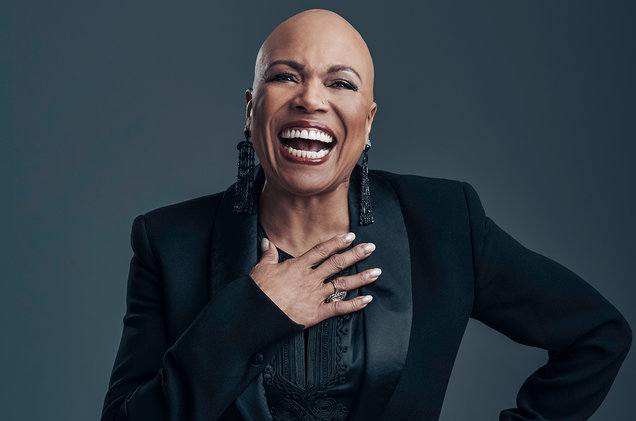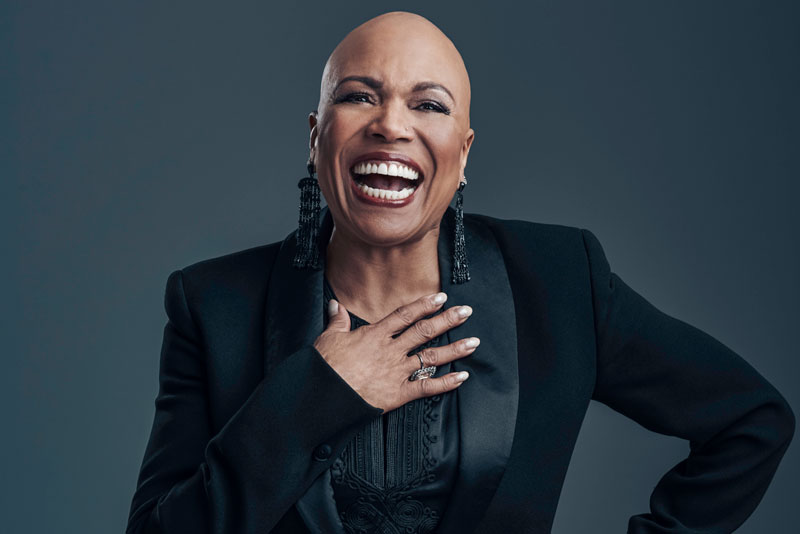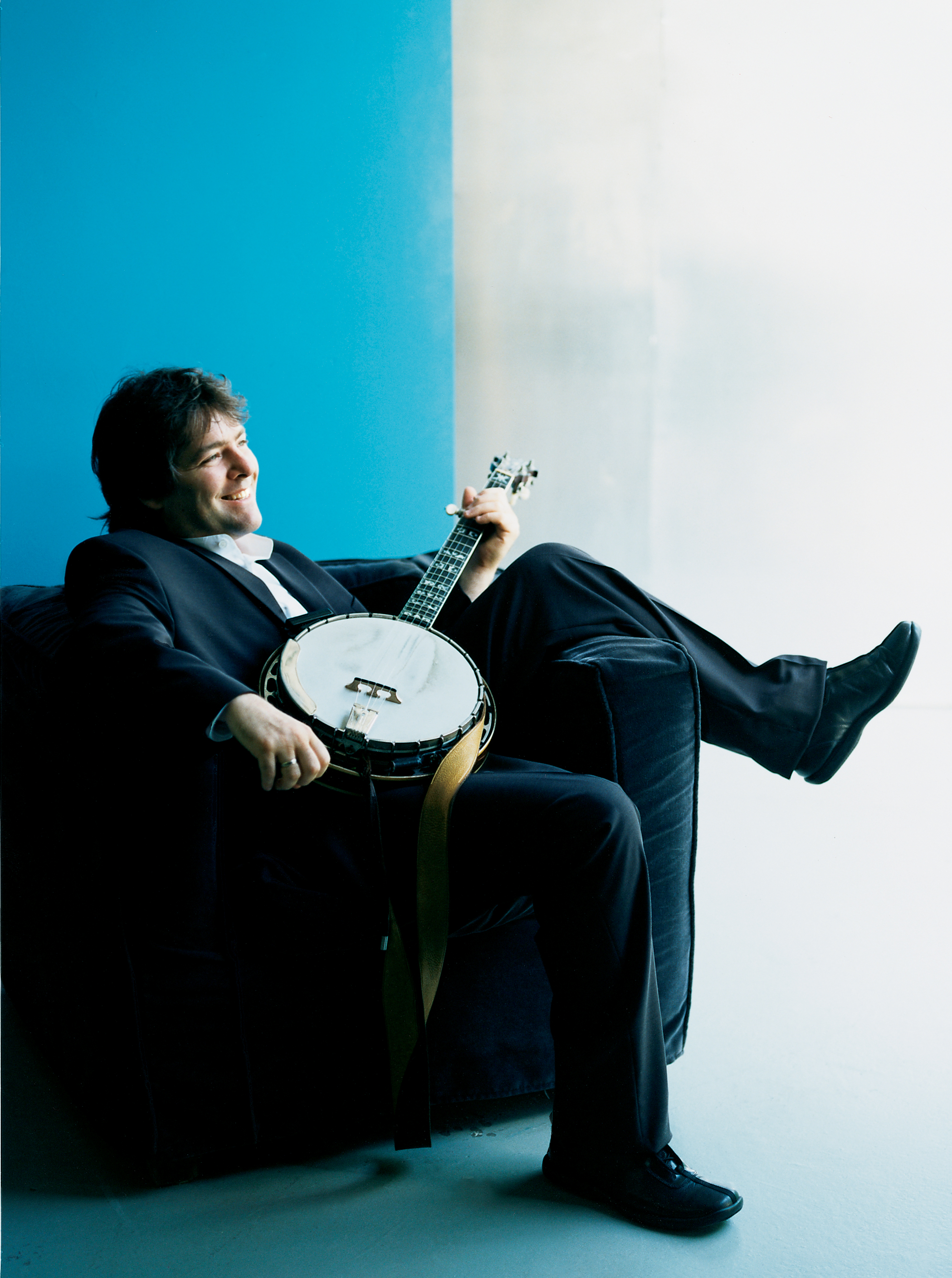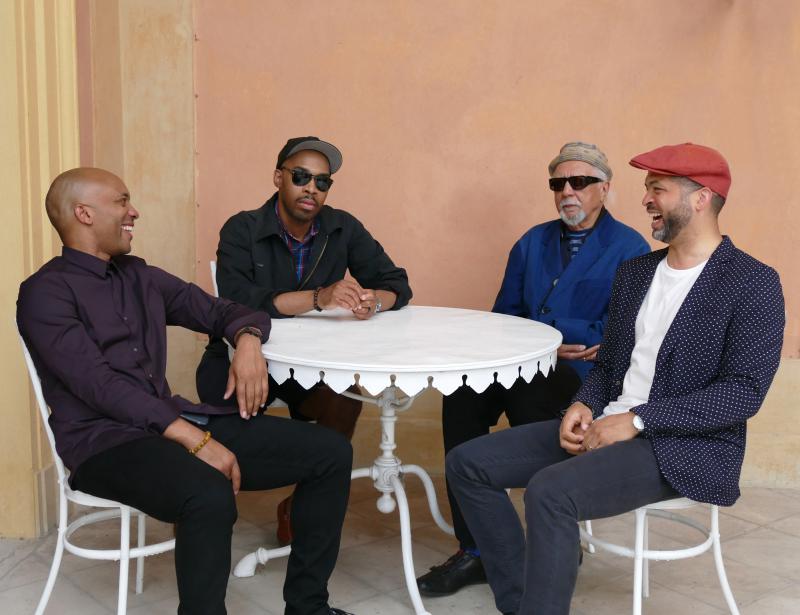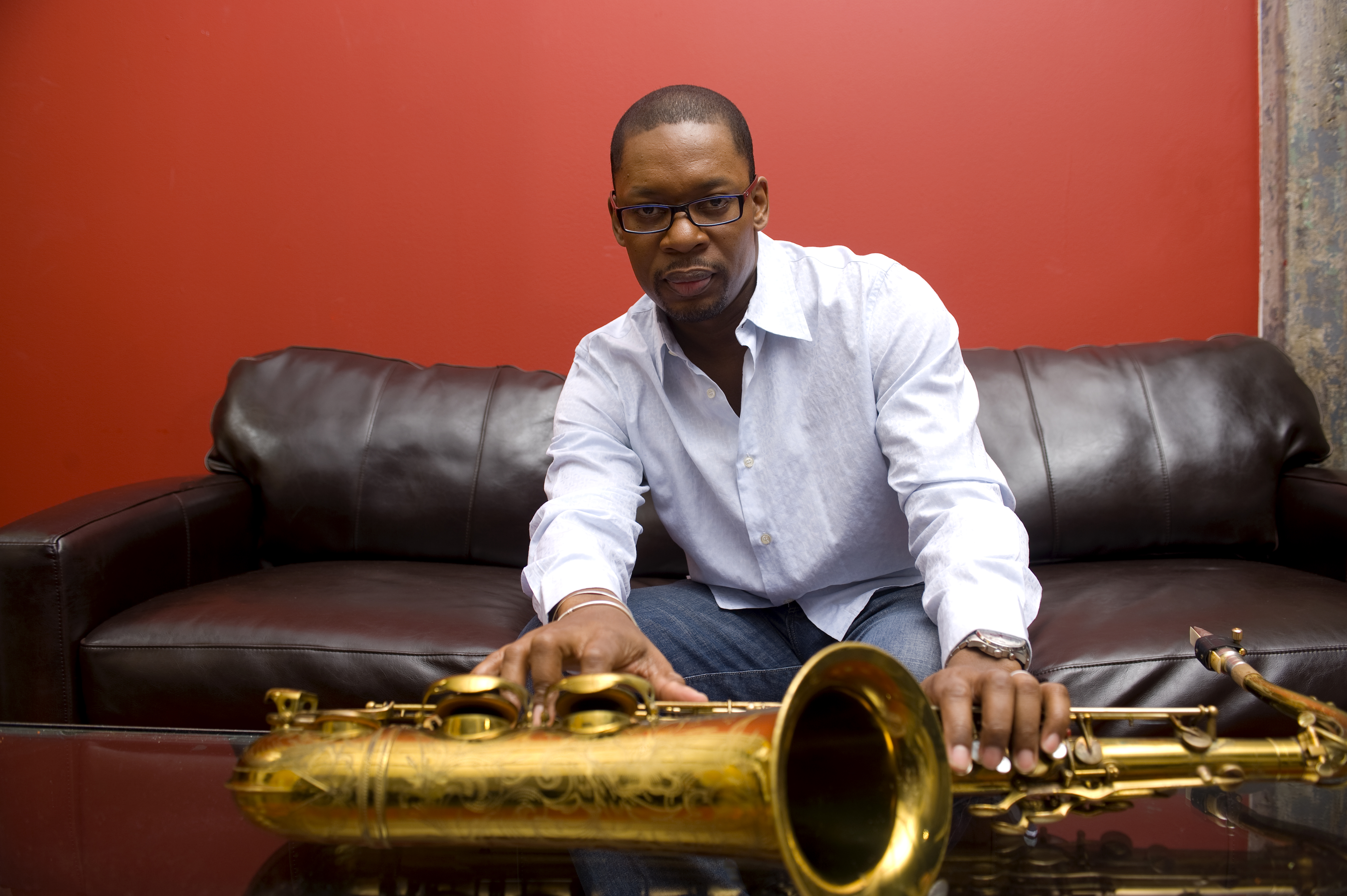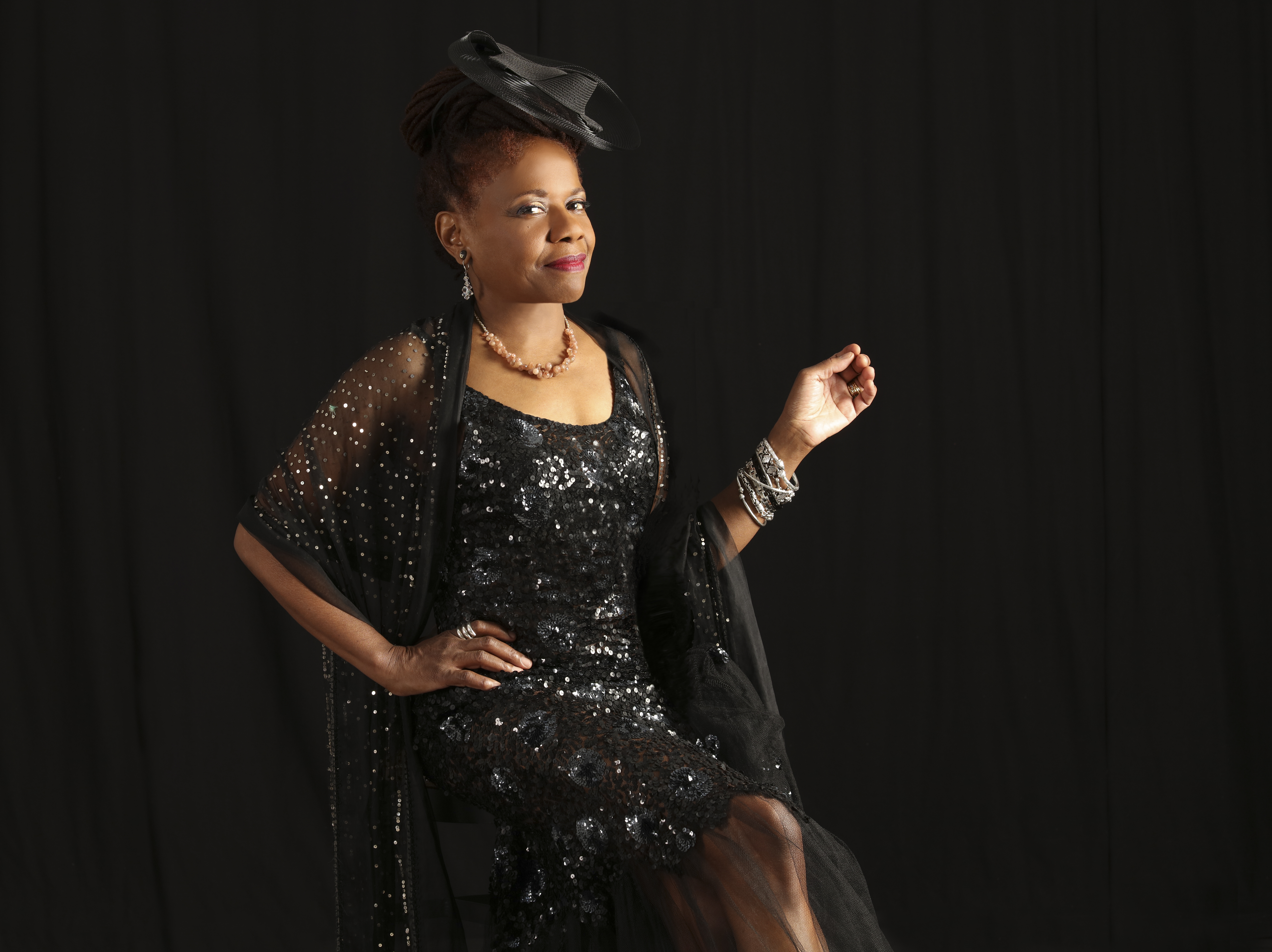
June 27, 2017
The Recording Academy® will honor its 2017 Special Merit Awards recipients with an awards ceremony and live tribute concert on Tuesday, July 11, 2017, at the Beacon Theatre in New York City. This year’s Lifetime Achievement Award honorees are Shirley Caesar, Ahmad Jamal, Charley Pride, Jimmie Rodgers, Nina Simone, Sly Stone, and the Velvet Underground. Led by GRAMMY®-winning industry icon Paul Shaffer as musical director, the tribute concert will feature rare performances by honorees and never-seen renditions by those they’ve inspired. Just confirmed to perform are recent GRAMMY nominee Catherine Russell, five-time GRAMMY winner Dionne Warwick, and past GRAMMY nominee Charlie Wilson.
Catherine Russell’s latest album, “Harlem On My Mind”, released September 9, 2016, was nominated for Best Vocal Jazz Album by the 59th Grammy Awards. Catherine has appeared on over 200 albums, including Grammy Award winning releases by William Bell, Rosanne Cash, and Levon Helm. In 2012, Catherine appeared as a featured artist on the Grammy Award winning soundtrack album for the HBO series Boardwalk Empire, contributing her rendition of “Crazy Blues.” For her appearance on July 11, Catherine will pay tribute to Trustees Award Honoree Ralph S. Peer, a successful recording executive, archetypal A&R man, and music publisher whose career spanned from 1919 to 1960. Peer was the executive producer of Mamie Smith’s “Crazy Blues,” the first vocal blues recording, released in 1920.
Now in its second year, the “GRAMMY Salute To Music Legends™” event will be produced in partnership with THIRTEEN as part of the “Great Performances” series on PBS, set to air later this year.
At the start of 2017, Catherine joined former David Bowie band mates and surprise guests for concerts Celebrating David Bowie, on January 8 in London and January 10 in New York City. As a member of David Bowie’s last touring band, from 2002 through 2004, Catherine contributed on keyboards, guitar, percussion, mandolin, and vocals. Following those shows, Catherine returned to leading her band, with sold out concerts in New York City, Paris, Munich, and Bern. The Minneapolis Star Tribune says, “There are no lines between blues, soul and jazz when Catherine Russell sings, as she evokes the era when all those genres were swirled together in popular song…touring behind her slyly personal sixth album, “Harlem On My Mind”.
Read more at Grammy.org
Catherine Russell on TKA


